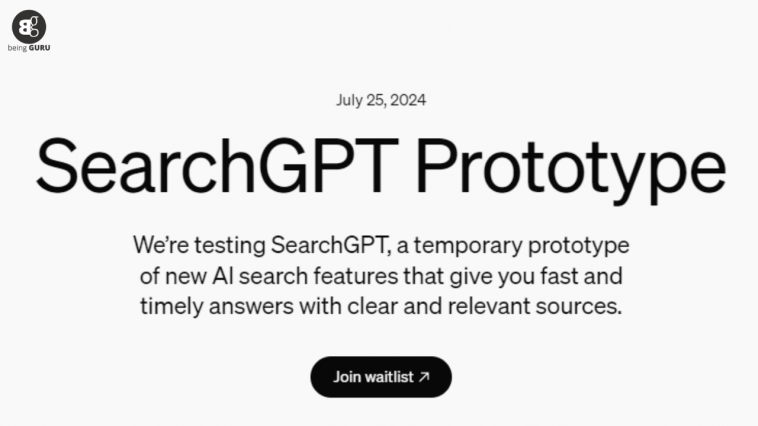OpenAI has introduced SearchGPT, a new AI-powered search engine prototype.
This marks the company’s entry into the competitive search industry, potentially challenging established search engines.
Key Features & Functionality
SearchGPT aims to answer user questions directly by using AI language models combined with up-to-date web data.
Instead of showing a list of links, SearchGPT provides clear answers with references to source materials. This is an illustration of a search results page for the term “music festivals in August in Boone, North Carolina.” The prototype for SearchGPT consists of:
- A chat-like interface for follow-up questions
- Real-time information from the web
- In-line citations and links to original sources
Publisher Controls & Content Management
OpenAI is also launching tools for publishers to manage how their content appears in SearchGPT, giving them more control over their visibility in AI-powered search results. Key points about the publisher controls include:
- Separate from AI training: SearchGPT is different from the training of their generative AI models. Sites can show up in search results even if they opt out of AI training data.
- Content management options: Publishers can affect how their content is shown and used within SearchGPT.
- Feedback mechanism: Publishers can email ([email protected]) to share their opinions and concerns.
- Performance insights: OpenAI will provide publishers with data about how their content performs in the AI search system.
These tools are OpenAI’s way of addressing ongoing discussions about AI’s use of web content and concerns about intellectual property rights.
Publisher Partnerships & Reactions
OpenAI reports working with several publishers during SearchGPT’s development.
Nicholas Thompson, CEO of The Atlantic, supported the initiative, highlighting the importance of valuing and protecting journalism in AI search development.
Robert Thomson, News Corp’s chief executive, also commented, stressing the need for a balanced relationship between technology and content and the importance of protecting content origins.
Limited Availability & Future Plans
Currently, SearchGPT is available to a limited group of users and publishers.
OpenAI describes it as a temporary prototype, with plans to eventually integrate its features into the existing ChatGPT product.
Why This Matters
The launch of SearchGPT could disrupt the search engine market.
This development might have significant effects on digital marketing, content creation, and user behavior online.
Possible impacts include:
- Changes in how content is distributed and discovered
- Search engine optimization (SEO) tactics should take into account new factors.
Changing partnerships between content producers and AI businesses
Remember, this is still a prototype, and we need to see more of its capabilities.
There is a waitlist for those wanting early access.
What This Means For You
AI-powered search might give users more direct access to information. However, the accuracy and completeness of results may depend on how publishers manage their content.
For content creators and publishers, these new tools offer a chance to influence how their work is used in AI search contexts.
While it may increase content visibility and engagement, it will also require adapting to new formats and strategies to make content AI-friendly and easily discoverable. As SearchGPT evolves and integrates with ChatGPT, it will be important to stay updated on these changes and adjust your strategies.
The future of search is changing, and AI is leading this transformation.





